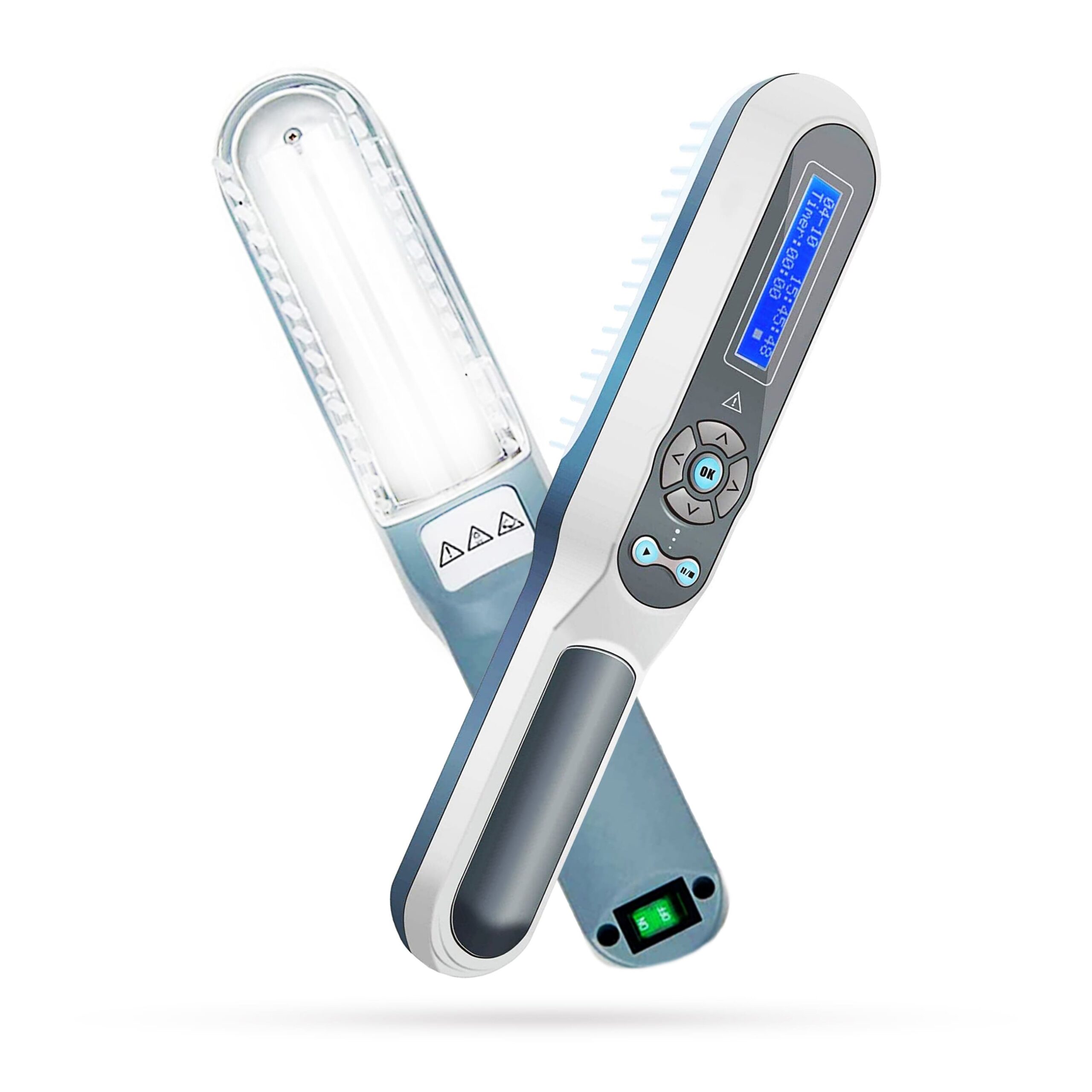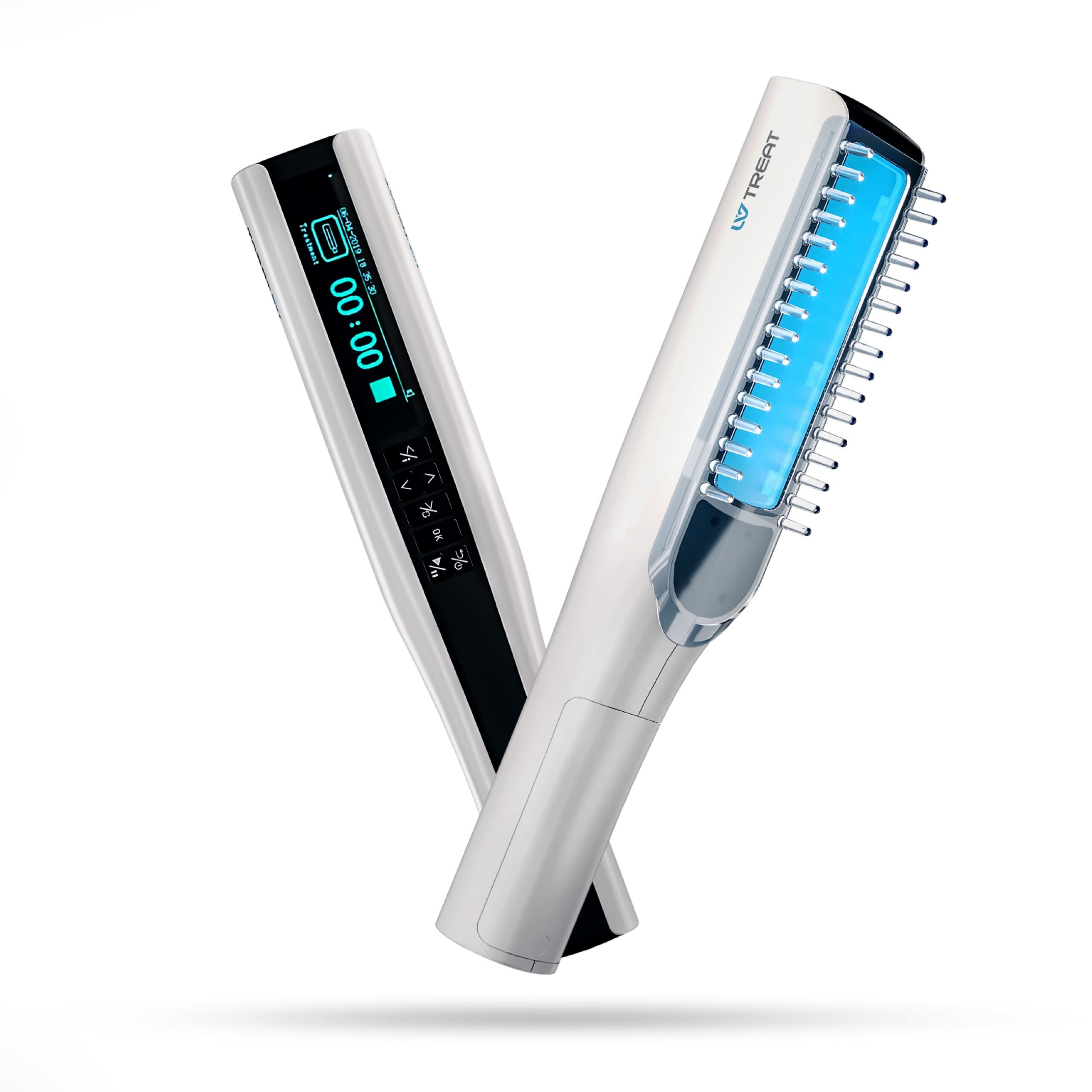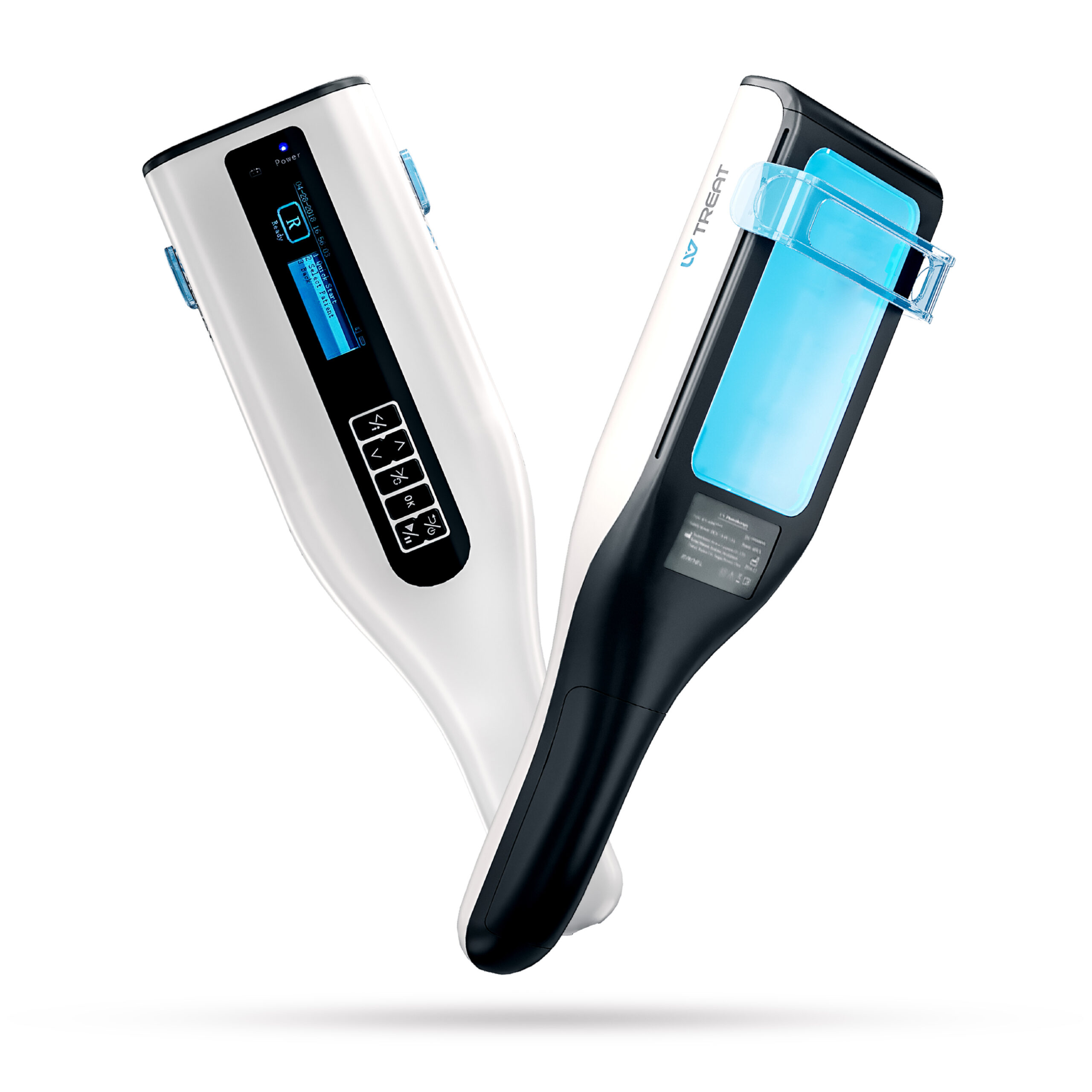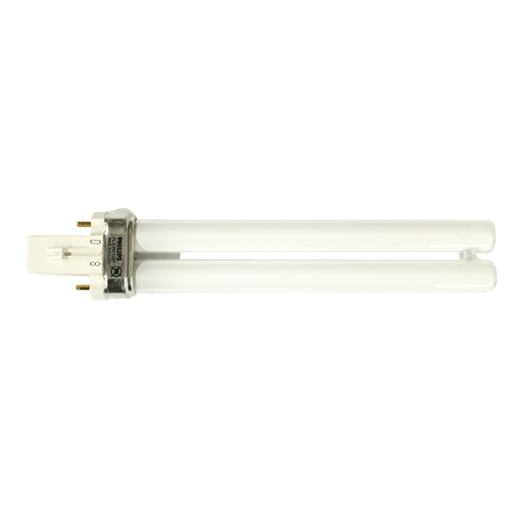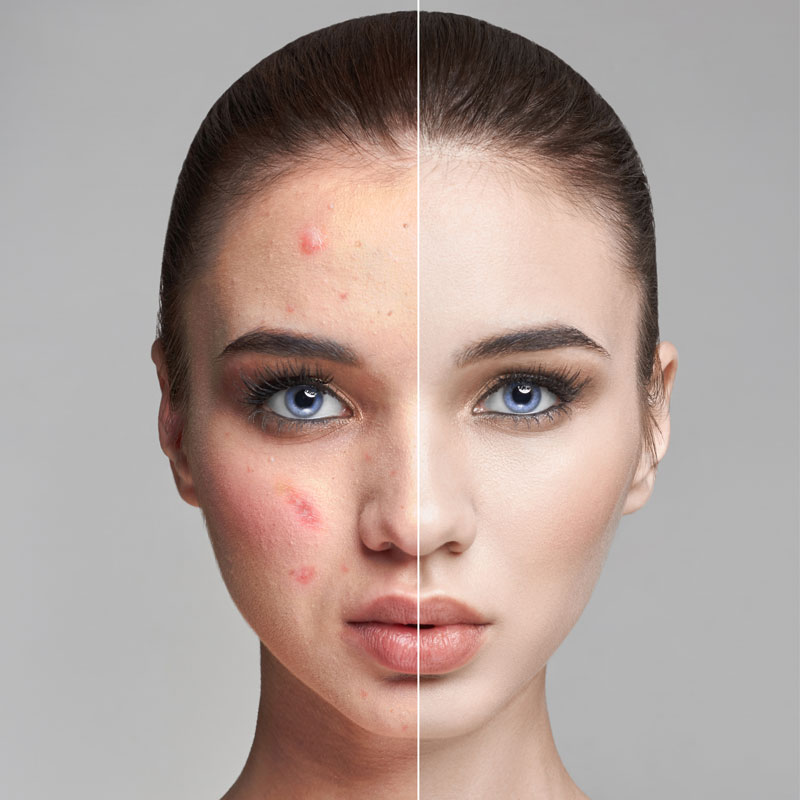Silicones are synthetic compounds derived from silica, a natural component of sand. They are widely used in skincare formulations due to their unique properties, such as creating a smooth texture, improving product spreadability, and enhancing hydration. Silicones come in various forms, including dimethicone, cyclopentasiloxane, and others, which are commonly found in lotions, primers, and serums.
Despite their popularity, silicones are often misunderstood and surrounded by myths regarding their safety and effectiveness. Many people believe that silicones harm the skin, block natural processes, or contribute to common skin issues. These misconceptions have fueled skepticism, even though silicones are highly regulated and backed by scientific research.
The goal of this article is to debunk some of the most prevalent myths about silicones in skincare. By presenting scientifically supported facts, we aim to clarify their role, benefits, and safety for skincare enthusiasts.
This article will address several common myths about silicones, such as the claims that silicones suffocate skin, clog pores, cause acne, or prevent exfoliation. Each of these misconceptions will be thoroughly examined and clarified with evidence-based explanations.
Role of Silicones in Skincare
Silicones play a pivotal role in skincare products by improving texture, forming a breathable barrier, and enhancing hydration. They provide a silky, smooth finish to formulations, making them ideal for primers, moisturizers, and other cosmetic products. Their ability to lock in moisture without causing a heavy or greasy feeling makes them a favorite for many skincare brands.
Additionally, silicones are non-reactive, ensuring safety and minimal risk of irritation.
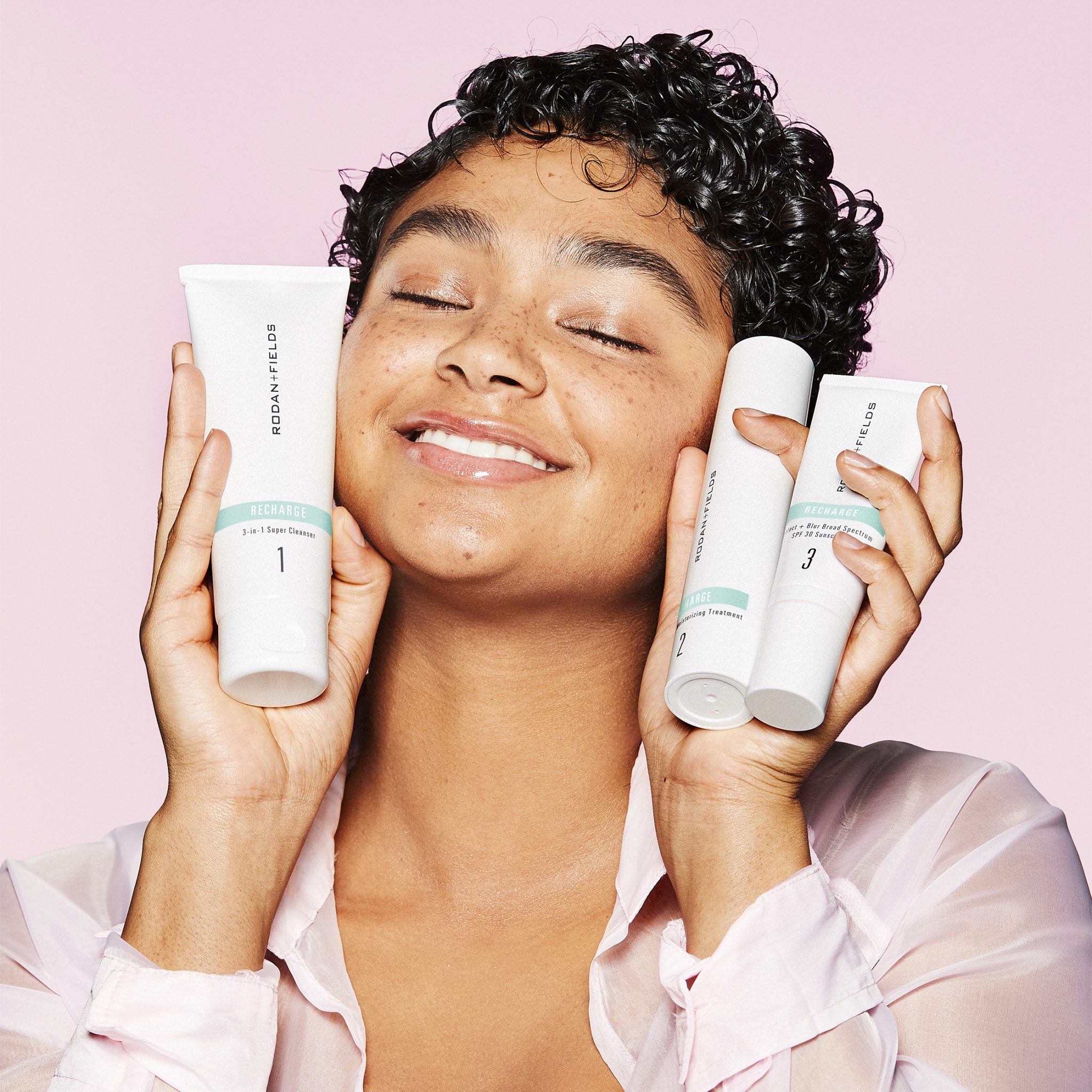
Benefits of Silicones in Skincare
Silicone is not merely a filler ingredient-fit-for-purpose rather gives some meaningful benefits when used in a proper way.
- Skin Barrier Protection
Among the main benefits of silicone for the skin is its breathable barrier formation. This means it retains water while not completely blocking the skin from sweating. This is especially helpful for eczema, dermatitis, or people with an impaired barrier.
- Moisture Retention
It’s silicone that reduces TEWL, thereby allowing skin hydration to last longer. This makes them just perfect in silicone moisturizers and creams for dry or sensitive skin.
- Silky Texture and Soft Finish
Silicones provide for that silky-soft velvety feel that is preferred in silicone serums and primers. They create a plump appearance to fine lines, blur imperfections, and help distribute makeup evenly.
- Scar Treatment
Medical silicone gels and sheets are considered the gold standard in scar management. They work by providing moisture to the scar, act by reducing collagen overproduction, and generally improve the scar texture and appearance over time.
- Comfort for Sensitive Skin
Silicones provide individuals with sensitive or damaged skin protection against irritants. Silicone creams are often prescribed by dermatologists for post-cosmetic procedures such as laser treatment or chemical peels.
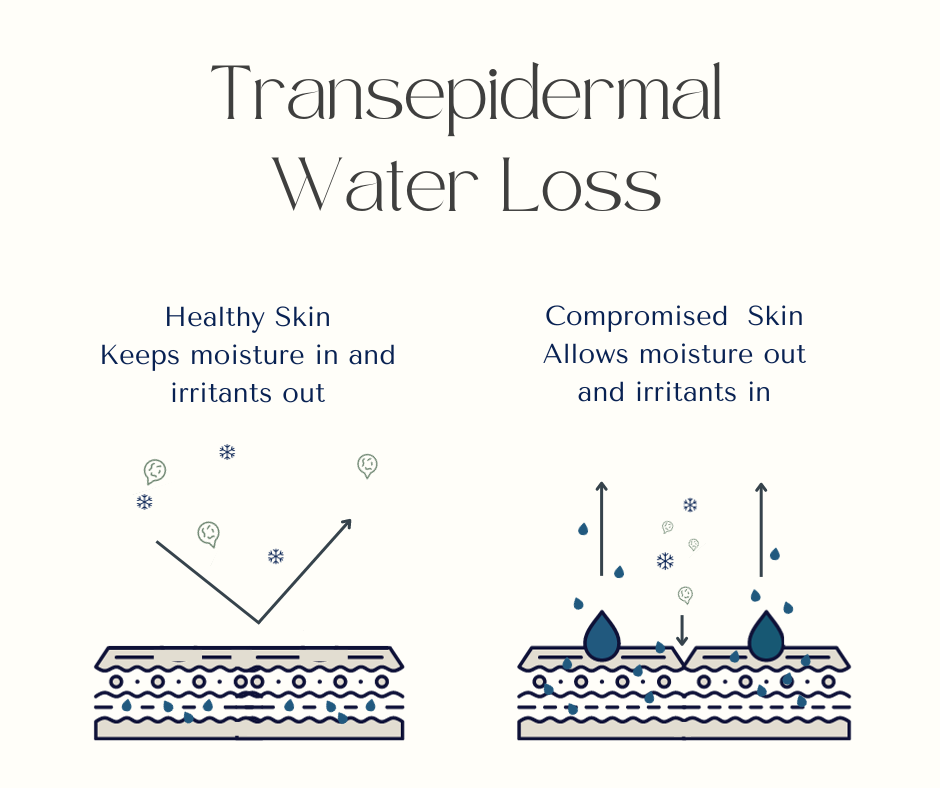
- Increases in TEWL have been linked to inflammatory dermatoses such as psoriasis and atopic dermatitis.
- Factors such as age and anatomic location have been linked to variation in TEWL values across individuals.
Debunking Myths
Now let’s examine some of the most common myths surrounding silicones in skincare and debunk them with scientific evidence.
Myth: Silicones suffocate skin
One of the biggest misconceptions about silicones is that they suffocate the skin. This claim stems from the belief that silicones form an impermeable layer on the skin, preventing it from breathing and leading to clogged pores. However, this is not entirely true. While silicone molecules are larger than pores, they are not intended to penetrate into the skin but rather create a protective barrier on top of it. This barrier allows for oxygen and other essential nutrients to pass through while keeping external irritants out.
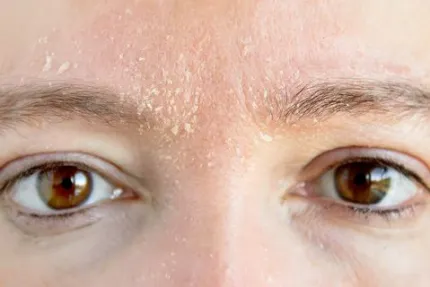
Myth: Silicones clog pores
Another common myth is that silicones can clog pores, leading to breakouts and acne. However, there is no scientific evidence to support this claim. In fact, studies have shown that silicones are non-comedogenic, meaning they do not block pores or cause acne. On the contrary, silicone-based products can actually help prevent breakouts by creating a barrier between the skin and potential irritants.
Myth: Silicones are bad for the environment
Some people believe that using skincare products with silicones contributes to environmental pollution and harm to marine life. This is because silicones are not biodegradable and can accumulate in waterways. While this is a valid concern, it should be noted that most cosmetic-grade silicones are designed to be insoluble in water, meaning they will not dissolve into rivers or oceans. They also undergo rigorous testing to ensure their safety before being released into the market.
The benefits of using silicone-based skincare products
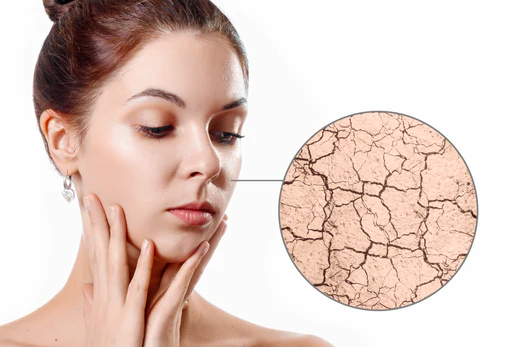
Silicones have been used in skincare for decades and are known for their numerous benefits. For one, they create a smooth and silky texture in creams and lotions, making them easy to apply and giving the skin a velvety finish. They also play a crucial role in keeping skincare products stable, preventing them from separating or spoiling. Silicone molecules are also larger than other common skincare ingredients like AHAs or BHAs, making them less likely to cause irritation or allergic reactions.
In addition to these cosmetic benefits, silicones can also provide protective properties for the skin. As mentioned earlier, they form a barrier on top of the skin, preventing external irritants from penetrating and causing damage. This can be particularly beneficial for those with sensitive or easily irritated skin.
So, are silicone-based skincare products safe to use?
The answer is yes, they are generally considered safe for use in skincare products. However, as with any ingredient, some individuals may have a personal sensitivity or allergy to silicones. It’s always important to patch test new products before incorporating them into your skincare routine.
Overall, silicones have been thoroughly researched and deemed safe for cosmetic use by regulatory bodies such as the FDA and the European Union. They offer numerous benefits for both the appearance and health of the skin and should not be vilified based on fear-mongering claims.
Conclusion
Silicone is perhaps the most versatile ingredient used in skin care cosmetics as well as medical products. Silicone benefits for the skin-from skin barrier protection to scar management-have been well documented and proven by dermatologists.
Some risks, however, do exist- skin irritation or impairment of penetration of active ingredients. Use silicone-based products wisely, through patch tests for allergic reactions to chemicals in the product, proper layering, and proper cleansing, so that you can reap the benefits without any unwanted effects.
For the silicone cream or serum, or scar gel that you want, don’t forget that silicone isn’t a miracle ingredient, but it helps with other ingredients to provide the most benefits. Another thing to remember is that if you have any persistent skin complaints, you should all see a dermatologist to get personalized care.
Additional Resources
If you’re interested in learning more about silicones in skincare, here are some reputable resources to check out:
- “The Truth About Silicones” by Paula’s Choice Skincare
- “Silicones in Cosmetics” by the Personal Care Products Council
- “What Are Silicones Doing In Your Skincare?” by Byrdie Beauty
- “Are Silicone-Based Products Really Bad For Your Skin?” by Dermstore Blog



